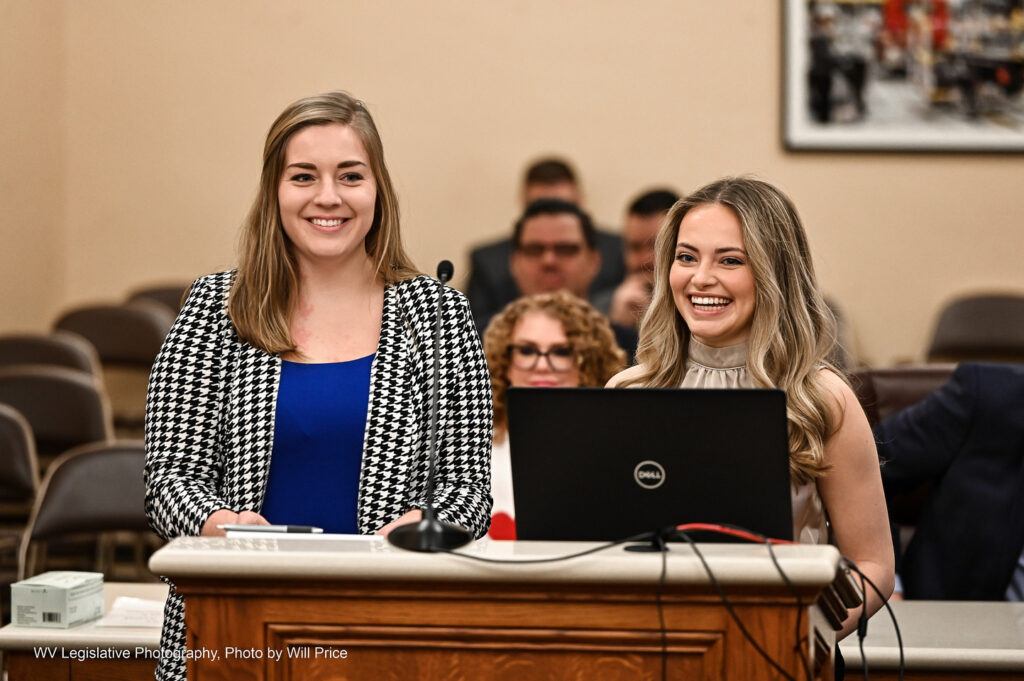The Senate Education Committee met Tuesday morning to discuss a number of issues, including hunger on the state’s college campuses.
Senate Bill 578, titled the Hunger-Free Campus Act, would require the West Virginia Higher Education Policy Commission (HEPC) to establish a grant program to address food insecurity among students enrolled in public institutions of higher education.
Colleges and universities working toward a hunger-free designation would need to establish a Campus Hunger Task Force, provide at least one food pantry on campus, provide options to use SNAP benefits – colloquially referred to as food stamps – at campus stores, and several other requirements.
“I had an opportunity to visit with students from West Virginia University, one of the schools I represent and was surprised to some degree that among their top three priorities, they were very concerned about students going hungry,” said Sen. Mike Oliverio, R-Monongalia.
The committee heard from two leaders of the State Advisory Council of Students, Isabella Griffiths of Marshall University and Stella Dunn of Concord University.
“There are resources like SNAP benefits, and food pantries that do exist on our campuses. However, many students don’t know that they’re available, or they aren’t funded appropriately for nutritious healthy meals for students,” Dunn said.
“There’s also the stigma and fear that comes for students that are discouraged from using them for those reasons,” she continued. “Instead, students often will skip meals or they’ll rely on cheap sources of food that aren’t nutritious. They don’t keep them full and they aren’t able to focus in class. And the foods are often processed with low nutritional value which doesn’t help students see their bodies and then feed their minds. And this issue does threaten a student’s ability to focus in class, stay in school and ultimately graduate and join the workforce and feel like a part of the campus community. So we feel like this is a really important issue on both of our campuses.”
Griffiths and Dunn previously presented to the Joint Standing Committee on Education during the January interim session, sparking interest in the issue among many legislators present.
Oliverio asked how the bill’s proposed program would specifically help the issue of campus hunger.
“Right now, the food pantries are mostly funded by students and staff. You have college students like ourselves that are trying to feed ourselves and feed others,” Dunn said. “We’re only in our positions for a year, or maybe two years at the most whenever we’re involved with Student Government or the State Advisory Council of Students. This will create a sustainable platform that students can utilize far after we’re graduated, and whenever new students come to the universities.”
A committee substitute for Senate Bill 578 now heads to the Senate Finance Committee for further consideration.




















